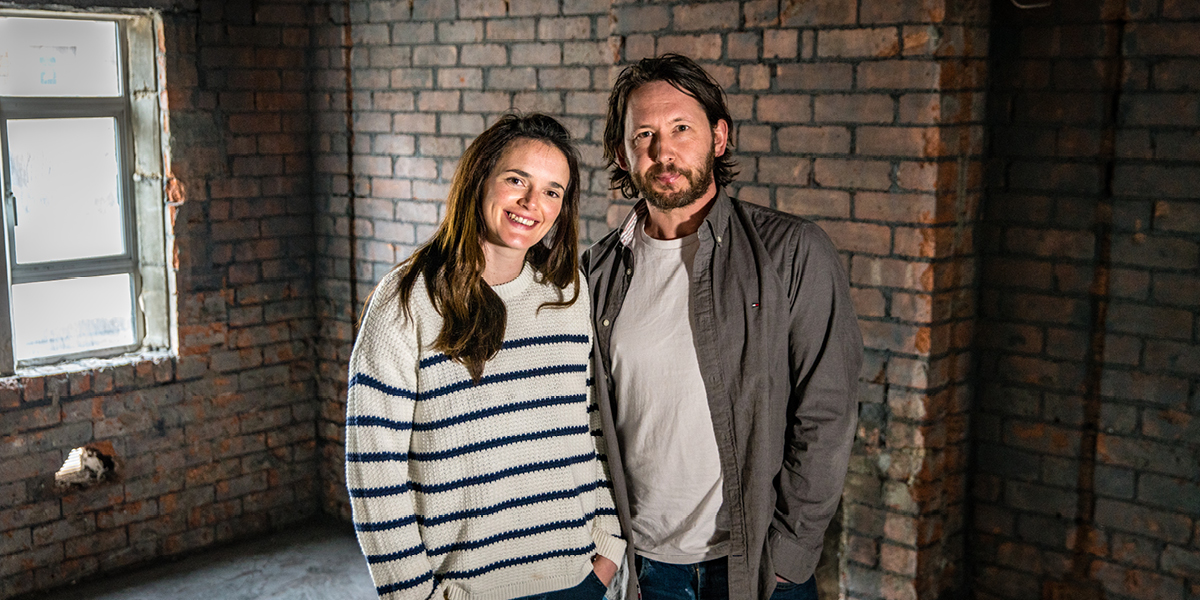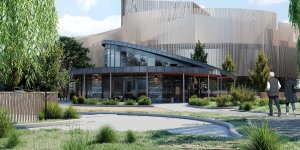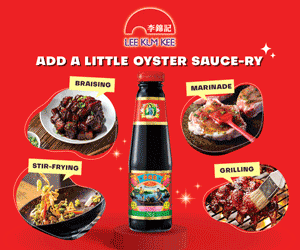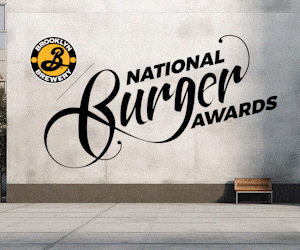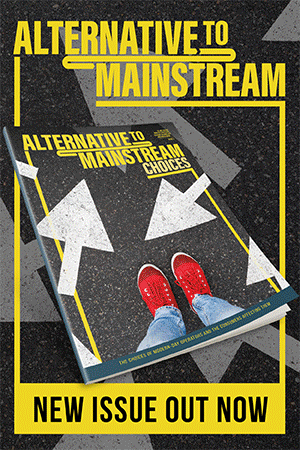Sustainable restaurant opening in Cardiff

A new, sustainability-focused, independent restaurant will open in Cardiff city centre at the beginning of next month, following a two-year process of fundraising, planning and renovation.
Kindle – a former warden’s house in Cardiff park – is the latest venture from Phill and Deb Lewis (pictured), the couple behind Dusty’s, an award-winning group of Neapolitan pizzerias in south Wales, and Nook, a neighbourhood bistro, also in Cardiff.
Following a successful Kickstarter campaign which raised an initial £43,000 back in 2019, and with more than £350,000 of further investment from the founders the first phase transformation of the run-down, former warden’s cottage in Sophia Gardens is now complete.
Kindle will officially open 2 September, and online table bookings are now live.
On the menu
Kindle will combine ‘fire food’ with natural wines in an informal setting. The restaurant team will work closely with local farmers, gamekeepers and gardeners, to use ethical produce with an emphasis on provenance and sustainability.
Head chef Tom Powell, formerly of The Walnut Tree, will lead the Kindle kitchen team, creating seasonal menus which will also make the most of the on-site kitchen garden and greenhouse.
Sustainable approach
“Our vision was to create a restaurant which gives back more than it takes from the environment, and to challenge what it really means to create a sustainable hospitality business from scratch," says co-owner Phill Lewis.
To bring this to life, the couple have worked closely with Object Space Place (OSP), a pioneering interior architecture and design company with a focus on hospitality, who came recommended by the Sustainable Restaurant Association.
As a result, Kindle’s design has made the most of reusing and repurposing almost every element of the original building, and a high proportion of the materials are reclaimed, including all internal doors, and the flagstones, railways sleepers and scaffold boards used to create the garden and planting beds.
The design also incorporates two phases; the first, current iteration revolves around mainly outdoor dining, with the bar area, kitchen and toilets all based within the original building.
With future extensions and developments in mind, parts of the project have been ‘designed for disassembly’, meaning they can be easily taken apart and reused.
The second phase of the build will take place up to two years later and will involve a glass-fronted extension, reusing every element of the current build in the final iteration.



